After Armistice: dealing with the effects of war
As we commemorate the 101st Armistice Day, it's timely that we reflect on the aftermath of the First World War; not only the massive scale of loss, but also the ongoing suffering experienced by those who returned from the first industrialised war.
Arriving in back in Wellington, Colonel Evans pointedly reminded the soldiers of those left behind: “Remember,” he said, “When you go ashore you are not heroes. The heroes lie in France”. Having lost their comrades in the thousands, the soldiers hardly needed to be reminded of their 'luck' in making it through. Yet for those who survived, the physical and mental toll of the war was immense and for many unspeakable. Each service person confronted the psychological and emotional impact of a war unprecedented in its violence in their own personal way.
One soldier who suffered through his war service was Private Ivor Norman (Norm) Fleet 31249. A bushman who enlisted in Taumarunui, Fleet fought with the Wellington Infantry Regiment and received gunshot wounds to both legs during a clean-up operation at Bellevue Spur on 22 October 1917. His right leg was later amputated and he eventually returned to New Zealand where simply carried on with his life, marrying Elsie Petley in 1928, building his own house and forging a long and productive career. Norm rarely spoke of the war and relatives only recall seeing him in tears as his nephews left for the Second World War; a small clue to the pain that returned servicemen held inside. Like Norm, millions suffered silently in the aftermath. Today we honour their service and acknowledge the immeasurable suffering that came from it.
Lest we forget.
Find out more about Armistice Day and the Museum's collections here. www.aucklandmuseum.com...
What workplace change would you like to see most?
This coming Monday is Labour Day in New Zealand. This public holiday marks when the eight-hour workday and 48-hour workweek became law in 1899. The idea started with Samuel Parnell, a carpenter in Wellington, who in 1840 refused to work more than eight hours a day. Since skilled workers were in short supply, his employer had to agree.
As more skilled workers arrived, employers tried to change working conditions, but Parnell and others kept pushing for better rights. In 1890, Parnell led a Labour Day parade of 1,500 people to promote the eight-hour day. He passed away shortly after, and nine years later, Labour Day became an official public holiday.
Do you feel that we have reached the ideal in working environments yet? What rights are you passionate about relating to employment? Share your thoughts!
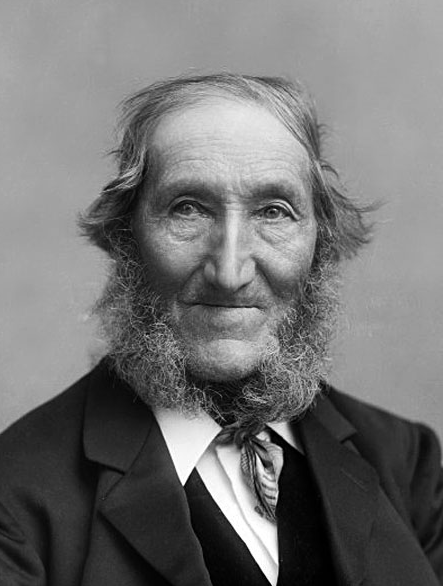
Thinking of renovating your home in Auckland in 2025?
It’s an exciting journey for homeowners, we hear so many stories, but let’s be real, the concerns are also part of the journey — it can get a bit complex, too. Whether you’re giving your kitchen a fresh look, expanding your living space, or adding a sleek, new bathroom, getting a handle on costs, figuring out the consent process, and staying up-to-date with the latest trends can make all the difference. We’ve put together this go-to guide for making smart choices on your 2025 Auckland renovation!

Feeling Smart? Prove It with Today’s Tricky Riddle!
What is there one of in every corner and two of in every room?
Do you think you know the answer to our daily riddle? Don't spoil it for your neighbours! Simply 'Like' this post and we'll post the answer in the comments below at 2pm.
Want to stop seeing riddles in your newsfeed?
Head here and hover on the Following button on the top right of the page (and it will show Unfollow) and then click it. If it is giving you the option to Follow, then you've successfully unfollowed the Riddles page.

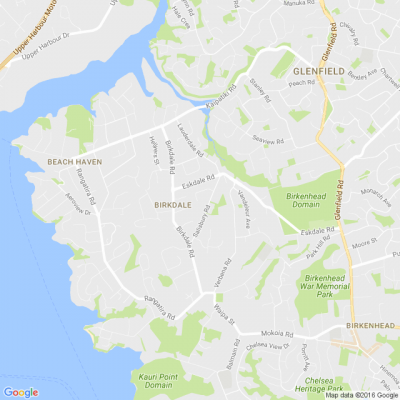
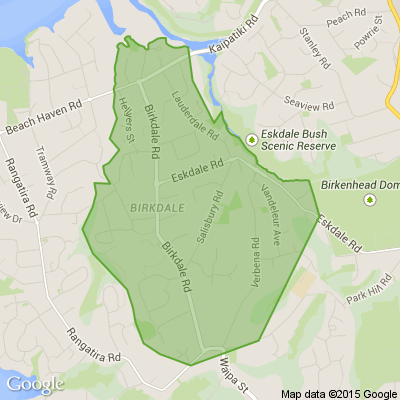





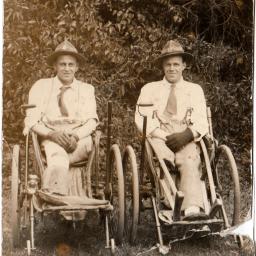
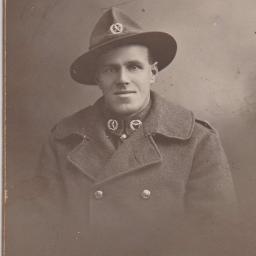
 Loading…
Loading…






















